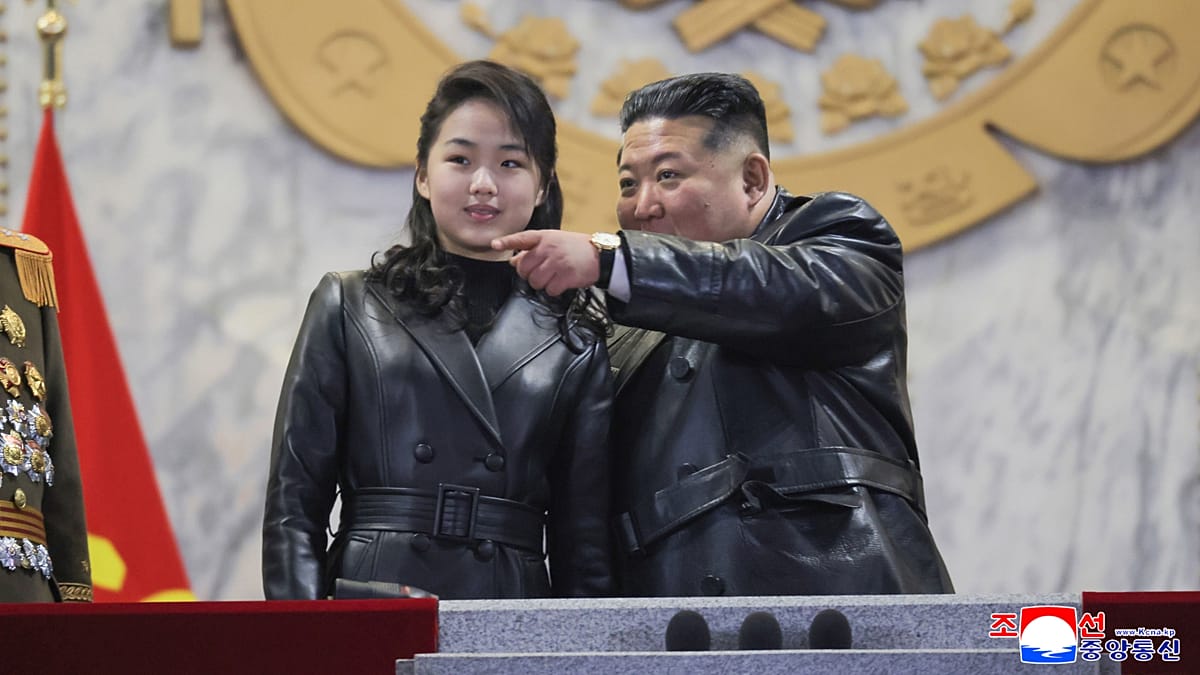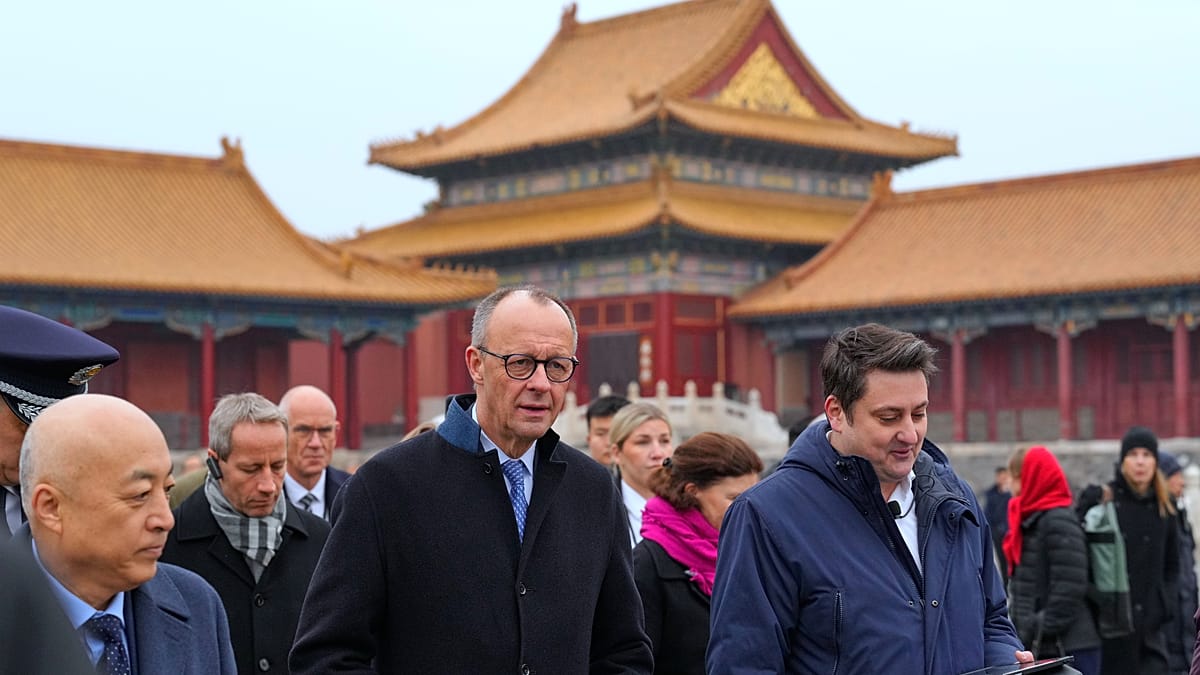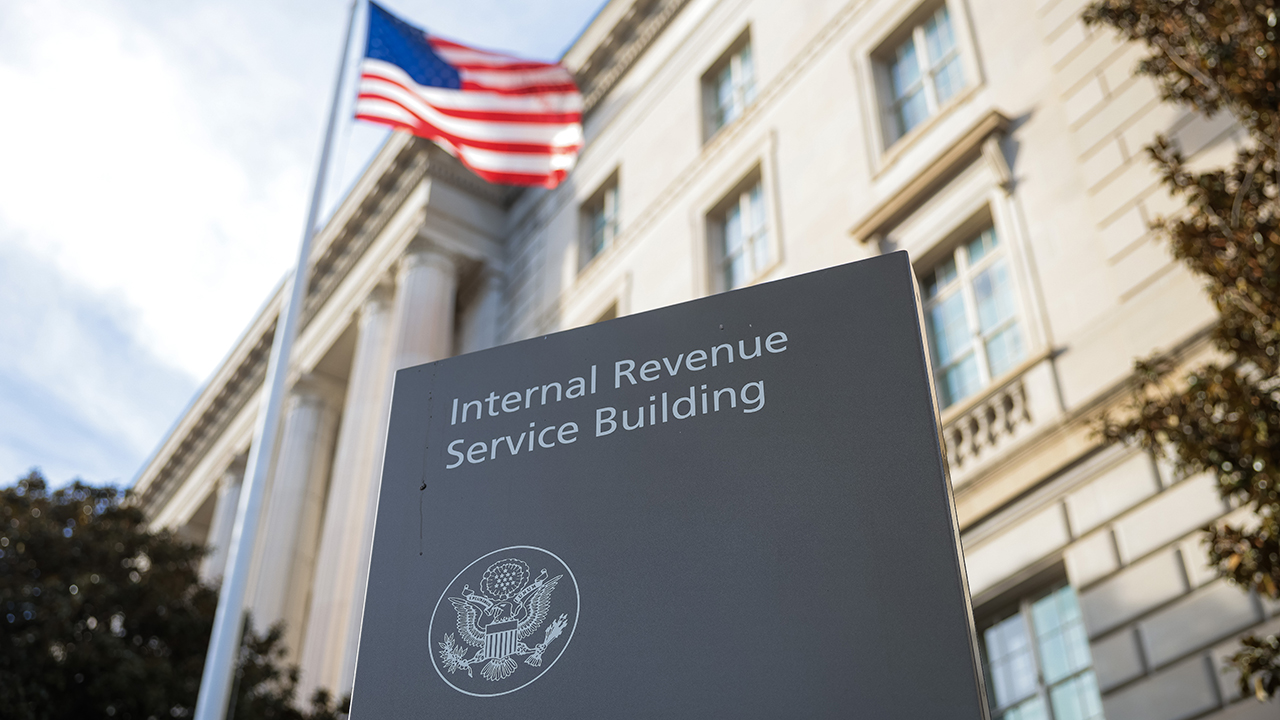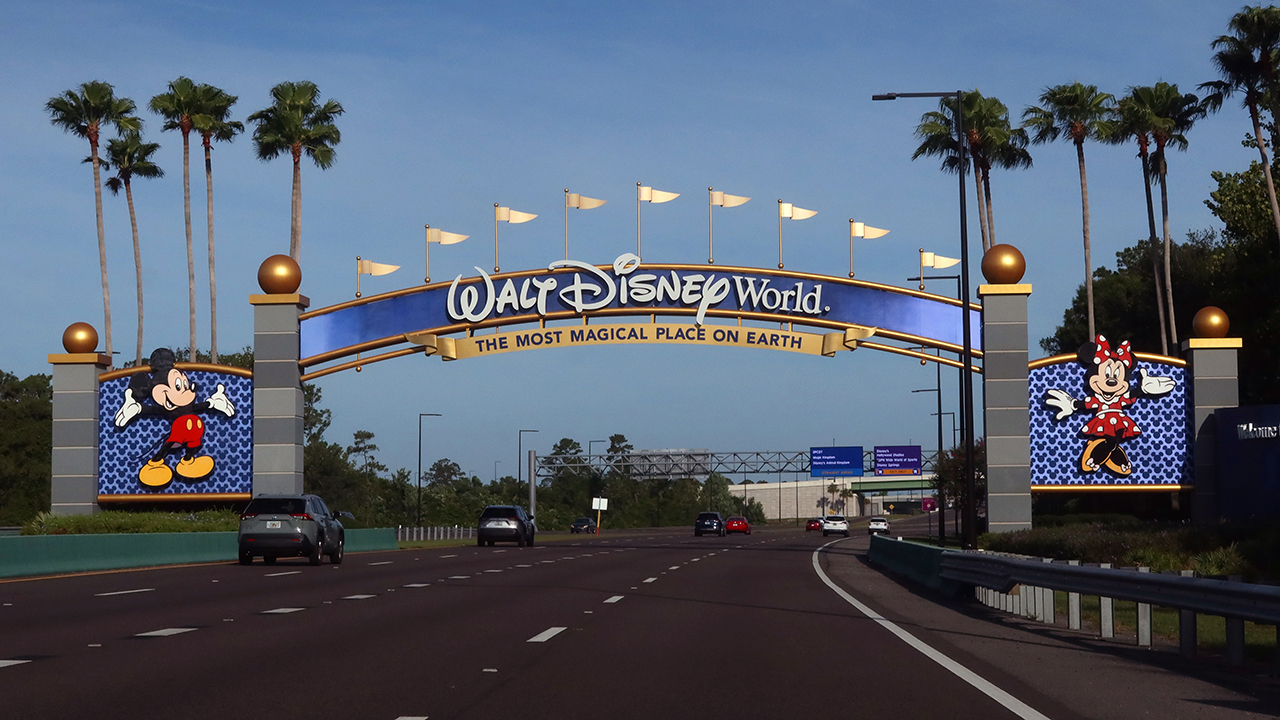Wuxi Shows What It Takes to Become a UNESCO City of Music



The announcement was followed by a celebratory festival on Wuxi’s Bogong Island on the afternoon of Saturday 15 November, of which it seemed all of Wuxi wanted to be a part. Therein, Secretary of the UNESCO Creative Cities Network Denise Bax (UCCN), within the Culture Sector of UNESCO, presented Mayor of Wuxi Jiang Feng with the approval letter recognising Wuxi as a “World Music Capital”.
In her inspiring speech, Bax said, “I would like to pay tribute to you, the citizens of Wuxi. In this city, music is not only performed and celebrated, but also believed and shared as the universal language that unites communities. … In becoming a UNESCO Creative City of Music, Wuxi joins a global community of cities that believe in the transformative power of culture”.
City of Music is a designation appointed by UNESCO to a number of cities around the world “that have identified creativity as a strategic factor for sustainable urban development”. Wuxi hereby joins cities such as Glasgow in the United Kingdom, Abu Dhabi in the United Arab Emirates and Kingston in Jamaica. Some 84 cities to date have been granted the distinction.
Saturday afternoon’s excitement also featured a brass band, a children’s lakeside erhu ensemble, captivating dance from a school for the visually impaired, plus much more.
A group of performers’ faces beamed, alive more than perhaps ever before, still fresh from the exciting recent news. And now, a foreign internet celebrity had come to sing with them, as their brass band performed for senior residents in a Wuxi retirement community.
That brass-band orchestra was comprised mainly of entrepreneurs—company owners who choose to spend what little free time they have pursuing what they love. Their enthusiasm is a crucial ingredient in why Wuxi has won such a prestigious worldwide honor.

Practicing together for 10 years, the Wuxi Entrepreneur Art Troupe has played almost every venue imaginable: retirement communities, universities, enterprises, the army, children’s events, New Year’s dinners and more. For them, Wuxi as a City of Music is a dream coming true. The highlight of their visit was the Troupe’s orchestra performing as backing for Shanghai-based French celebrity singer Alice Roche the following day.
Still within the voluntary sphere, Vice President of the self-organized Wuxi Saxophone Club Xiao Zhengqing teaches more than 400 amateur saxophonists. They come from different industries, but they all love music and saxophone. Xiao even took them to participate in the World Saxophone Congress this year, making these citizens of Wuxi who love music very popular.
Elsewhere, the city centre is the surprising home of the Wuxi National Orchestra. Guo Pan, a graduate with both bachelor’s and master’s degrees from the Composition and Conducting Department of the Shanghai Conservatory of Music, is the Orchestra’s Assistant Conductor—a notable achievement in a profession mostly dominated by more senior males.
Principal flautist Wang Yijing, who graduated with a bamboo flute major from the Central Conservatory of Music, feels that the UNESCO distinction will bring more musical events to Wuxi, encouraging more people to make the city an essential bucket-list item.
Meanwhile, Jason Hao, who plays double bass for the Orchestra, has dreams in a faraway land. He hopes to pursue his musical aspirations in the world of jazz in the USA, and believes Wuxi’s musical award might in some way enable this.
For evidence of Wuxi’s deep musical heritage, the Hongshan Relic Museum within the Grand Canal National Culture Park provides compelling examples. The Original Site of Qiu Chengdun’s Warring
States noble tomb includes 400 pottery replicas of bronze musical instruments unearthed from seven aristocratic tombs, underscoring music’s ancient presence in the region.
Wuxi also embraces the synergy between sight and sound. This is explored in the century-old building that now houses the Sound Hall within Wuxi’s Yingyueli in Huishan Ancient Town. Visitors can don headphones to hear recordings of the Yangtze River or various music genres, while browsing an extensive selection of vinyl records—overlooked by a colossal cyber statue of legendary erhu player A-Bing.
That Wuxi native’s influence is pervasive. At the Meicun Erhu Industry Park, a three-metre-long python skin is displayed as a highlight exhibit. This cultural and tourism venue showcases erhu craftsmanship and allows visitors to experience the making process. Techniques such as the searing of python skin—complete with its distinctive smell—demonstrate why the erhu stands out as a supreme example of intangible cultural heritage.
Connections between traditional and modern sound are also visible in the work of Kent Zhang, curator of a comprehensive audio museum. With tens of thousands of exhibits spanning audio cassettes, open-reel tape machines, Walkmans, Discmans, Digital Audio Tape and Minidisc players, plus signed albums from stars such as Michael Jackson and Jimi Hendrix and platinum-certified discs by Madonna and U2, Zhang has spent more than 20 years collecting globally and building a purpose-designed facility. It is, in essence, a City of Music within a City of Music.
Zhang’s reasoning is simple: the world—especially today’s youth—needs to understand the origins of the global modern music legacy.
Back with the Wuxi National Orchestra, Guo Pan’s aspirations have been bolstered by Wuxi’s UNESCO distinction. She laughs when asked whether it might increase her chances of conducting at the national level: “Of course.”
Guo’s conviction is infectious. The juxtaposition of musical traditions spanning thousands of years with state-of-the-art technology is further illustrated at the Digital Intelligence Center of Xingcheng Special Steel in Jiangyin City. Historically known for heavy industry, Wuxi is now integrating advanced technology with cultural vitality—and music is one of the beneficiaries.
The choir of steel workers performing in full voice offers a compelling demonstration of Wuxi’s musical culture and spirit. Their performance stands as one of the clearest affirmations of Wuxi’s qualification as a UNESCO City of Music.
The issuer is solely responsible for the content of this announcement.
The post Wuxi Shows What It Takes to Become a UNESCO City of Music appeared first on European Business & Finance Magazine.











































